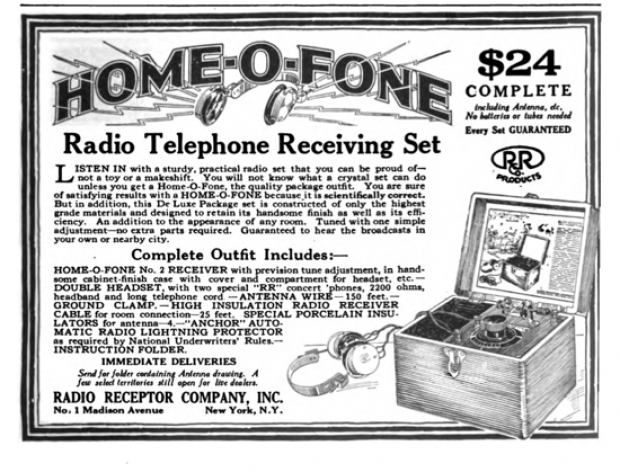The chip is designed for in-car navigation and infotainment systems running QNX, Linux, and Android. It has wireless capabilities and can connected to your phone. The LTE version will link to the Internet.
They can manage multiple displays to run the screen in your dashboard and an infotainment screen in the back seat. It also offers support for high-resolution 4K displays for when some company inevitably decides to cram a high-res, high-density screen into one of its cars.
The 820A chips are close cousins ofthe the Snapdragon 820 SoCs that will start shipping in phones later this year and use Qualcomm's custom-made 64-bit Kryo CPU cores, an Adreno 530 GPU, a Hexagon 680 DSP all cooked up with a 14nm manufacturing process. They will also use the Snapdragon X12 LTE which can manage 600Mbps down and 150Mbps up when the wind is behind it and it is going downhill. There are all the usual 802.11ac Wi-Fi, Bluetooth, and other features.
Qualcomm said that it used a "modular approach" in designing the chip, which means that the cars infotainment system can be upgraded with hardware and software updates, thereby enabling vehicles to be easily upgraded with the latest technology.
Car makers could theoretically swap out the chip or the entire package without needing to worry about software changes. Qualcomm specifically mentions upgrading LTE connectivity over the lifetime of the car to keep up with the capabilities of cellular networks.
Qualcomm says the 820A family will begin sampling in Q1 of 2016.




